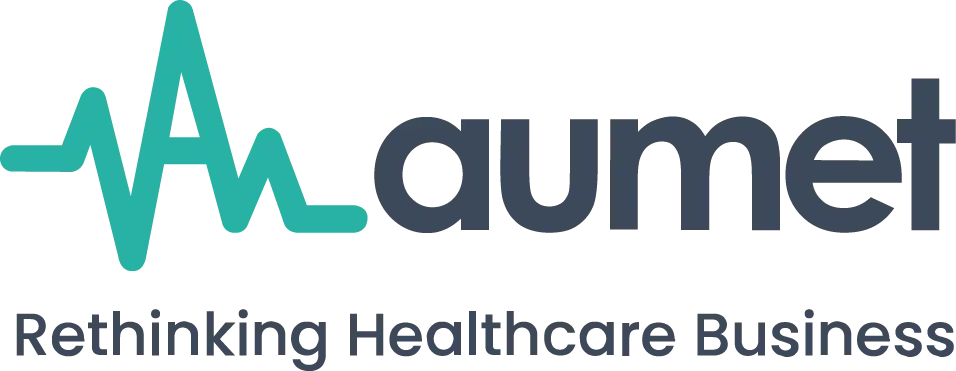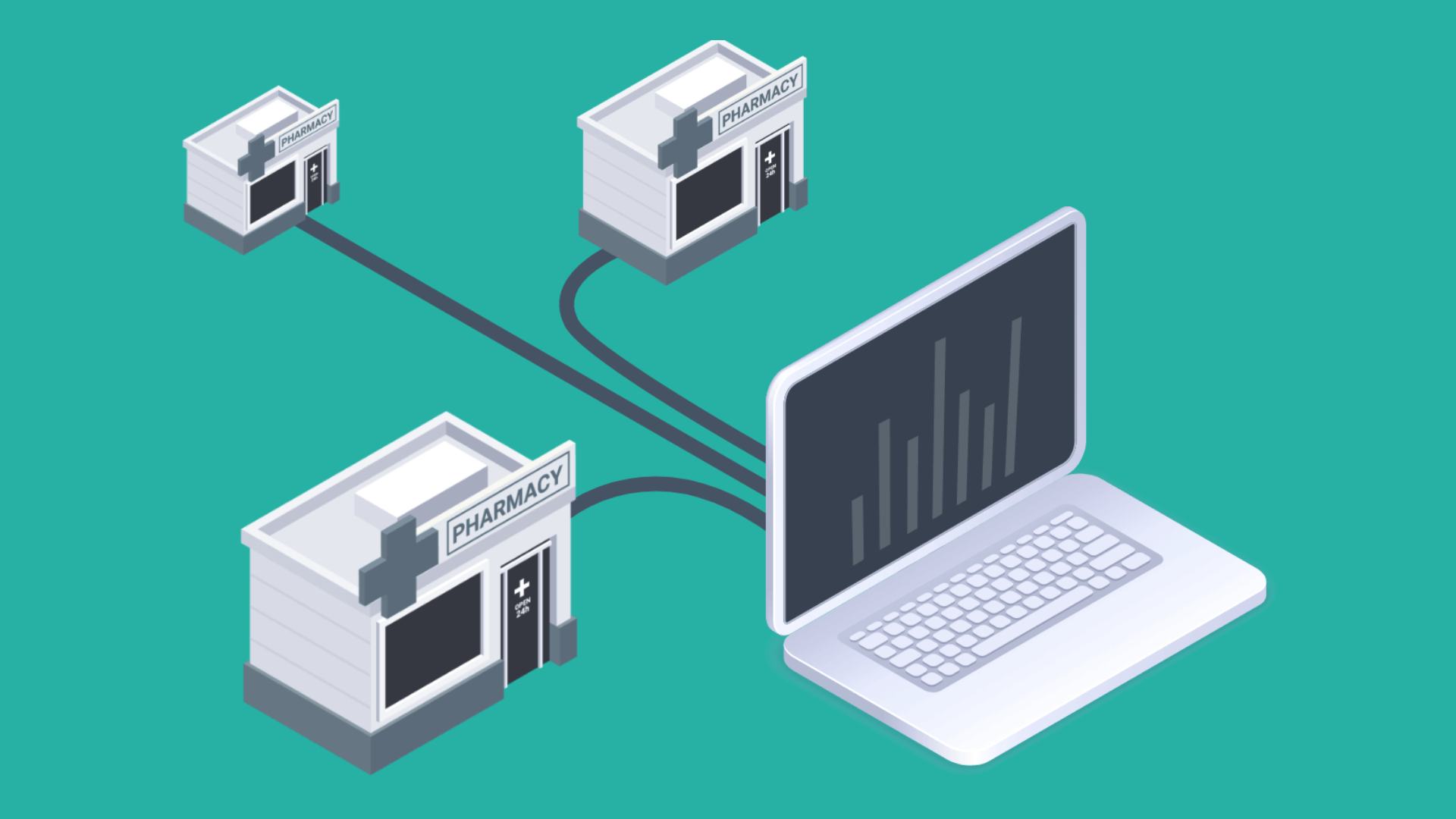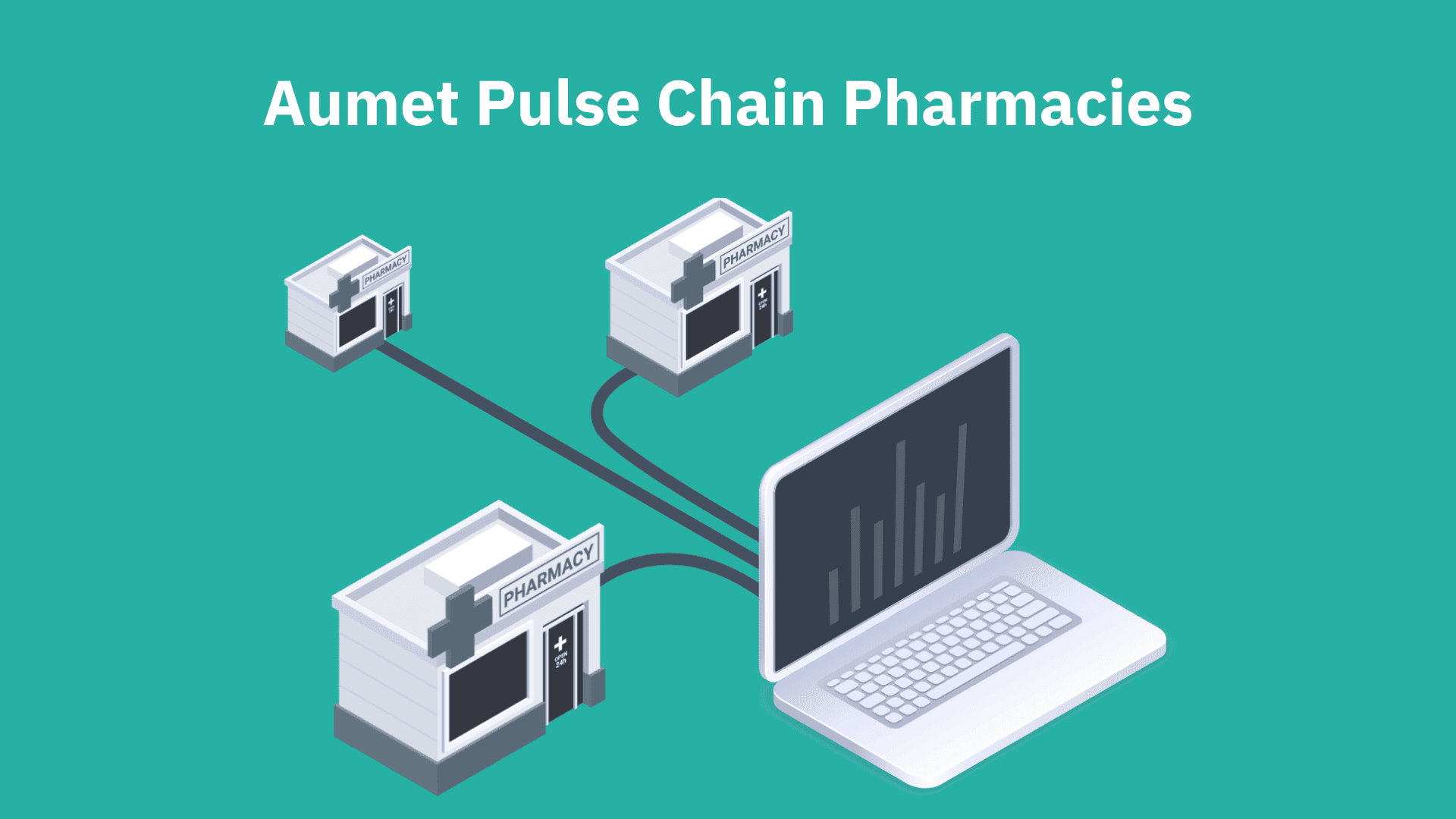ERP System Revolutionizing Pharmacy Workflow
As pharmacies continue to grow and expand, it can be challenging to manage the day-to-day operations efficiently and that’s where an Enterprise Resource Planning (ERP) system comes in. . From managing inventory and filling prescriptions to maintaining customer records, it can be overwhelming to handle everything manually.
An ERP system is a software solution that helps businesses manage and automate their operations. In this blog post, we’ll discuss what pharmacy ERP means, the components of an ERP system to manage a pharmacy, and why it is crucial for pharmacy management.
What does pharmacy ERP mean?
In the pharmacutical industry, an ERP system is a software solution that helps manage all aspects of pharmacy operations. This includes managing inventory, tracking patient records, filling prescriptions, and managing finances.
It offers a centralized platform for managing all aspects of the pharmacy, allowing for seamless communication between different departments. This means that every process within the pharmacy can be managed through a single system, eliminating the need for multiple software solutions.
Key takeaways
An ERP system is a software solution that helps to manage the multiple processes involved in pharmacy management, such as inventory management, sales tracking, and patient information management.
The components that are necessary for pharmacy management include modules for purchasing, inventory management, sales and invoicing, and patient information management.
An ERP system is important for pharmacy management because it helps to improve efficiency, reduce errors, and provide better patient care.
By implementing an ERP system in your pharmacy, you can improve your workflows and streamline your operations, resulting in cost savings, increased productivity, and better patient outcomes.
Aumet offers pharmacy solutions, including pharmacy management systems and (ERP) , that can help you to achieve your pharmacy management goals and improve your business operations.

What are the components of an ERP system to manage a pharmacy?
A system for pharmacy management includes several components that work together to streamline workflows and ensure efficiency. Here are a few:
Inventory Management
ERP software allows pharmacies to manage their inventory levels efficiently.
Through using an ERP system, pharmacies can maintain optimal stock levels, reduce waste, and prevent stockouts.
Purchasing
The purchasing process is automated, from placing orders with suppliers to receiving and recording inventory.
The system can automatically generate purchase orders based on inventory levels and forecasted demand, streamlining the purchasing process and reducing manual work.
Sales and customer management
The ERP system allows pharmacies to manage sales and customer data effectively.
It can track customer purchases, manage loyalty programs, and process transactions efficiently. Additionally, the system can generate reports and analyses to help pharmacies make informed decisions.
Financial management
ERP systems can handle financial management tasks such as accounts payable, accounts receivable, and general ledger accounting.
It can automate financial processes, reduce manual errors, and generate reports to help pharmacies monitor their financial health.
Reporting and analytics
ERP systems provide real-time data and insights into pharmacy operations
It can generate reports and analytics on sales, inventory, and financials, enabling pharmacies to make informed decisions and identify areas for improvement.
Why is an ERP system important for pharmacy?
Pharmacies face several challenges, including managing inventory, handling orders and customer data, and ensuring regulatory compliance.
A system can help pharmacies to overcome these challenges by providing the following benefits:
Increased Efficiency
It automates and streamlines pharmacy operations, reducing manual work and increasing efficiency.
This allows pharmacies to focus on providing quality service to their customers rather than spending time on administrative tasks.
Improved inventory management
It can help pharmacies to manage their inventory levels effectively, reducing waste and preventing stockouts.
This ensures that pharmacies always have the right products in stock, which can improve customer satisfaction and increase sales.
Enhanced customer experience
It enables pharmacies to provide a better customer experience by managing customer data and providing personalized service.
The system can track customer purchases and preferences, enabling pharmacies to offer tailored promotions and discounts.
Better decision-making
ERP systems provide real-time data and insights into pharmacy operations, enabling pharmacies to make informed decisions.
The system can generate reports and analytics on sales, inventory, and financials, enabling pharmacies to identify areas for improvement and make data-driven decisions.
Revolutionize Your Pharmacy Workflow Today with an ERP System
In conclusion, an ERP system can revolutionize pharmacy workflow by automating and streamlining operations, improving inventory management, enhancing customer experience, ensuring regulatory compliance, and enabling better decision-making.
With an ERP system, pharmacies can focus on providing quality service to their customers, while the system handles administrative tasks.
Therefore, pharmacies should consider investing in an ERP system to improve their operations and stay ahead of the competition.
Ready to revolutionize your pharmacy workflow and take your patient care to the next level?










